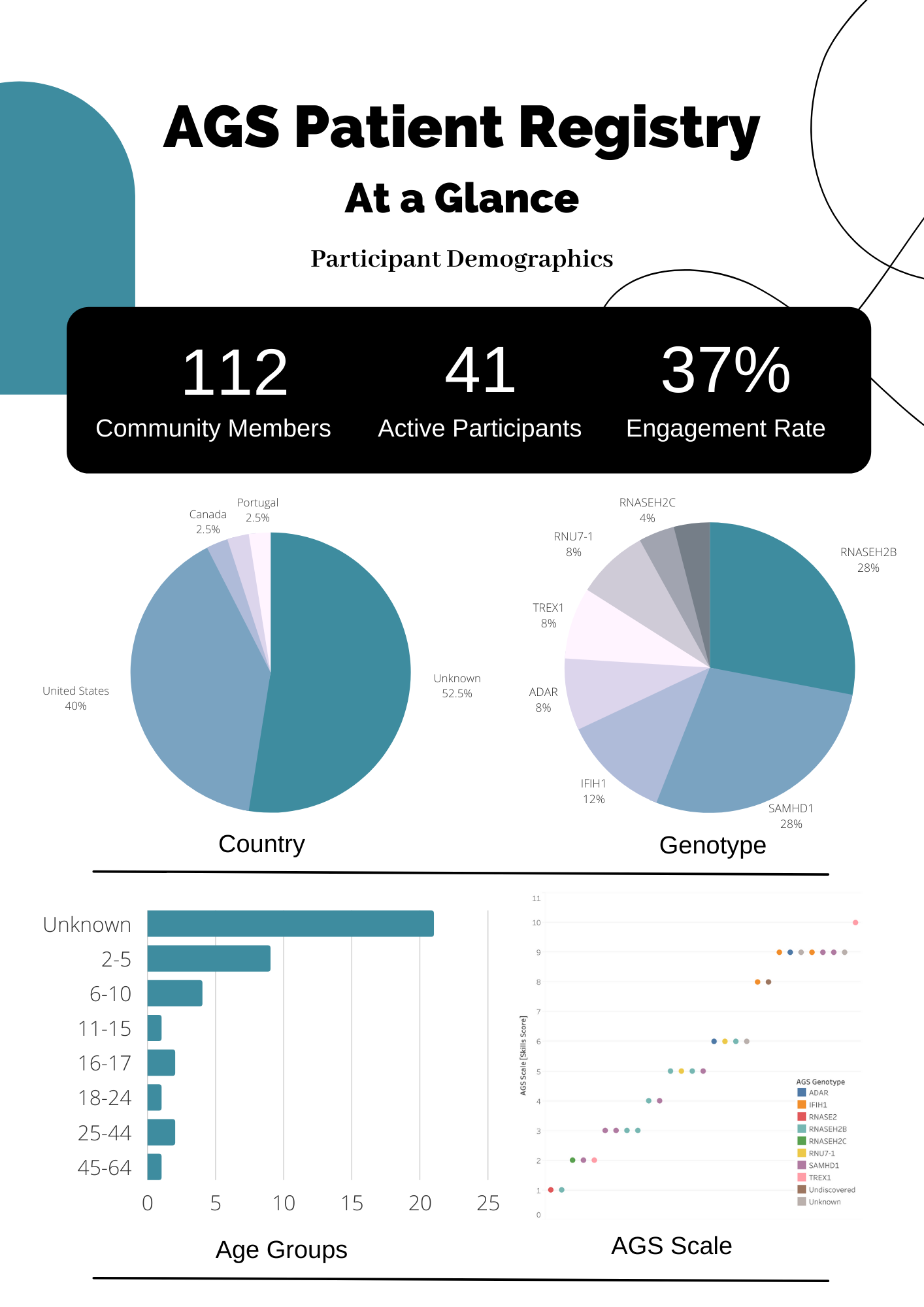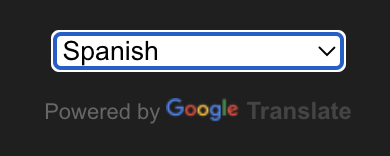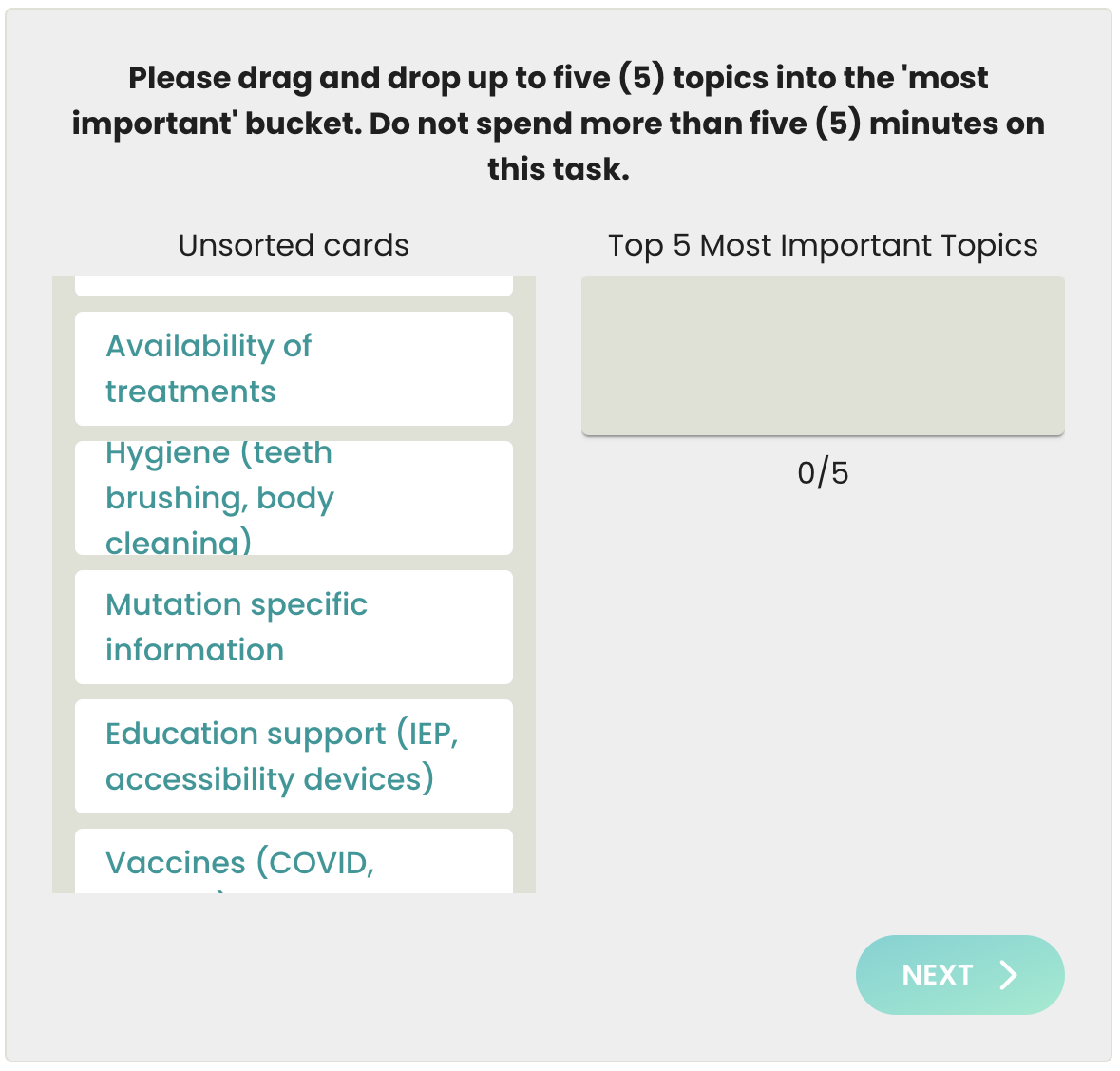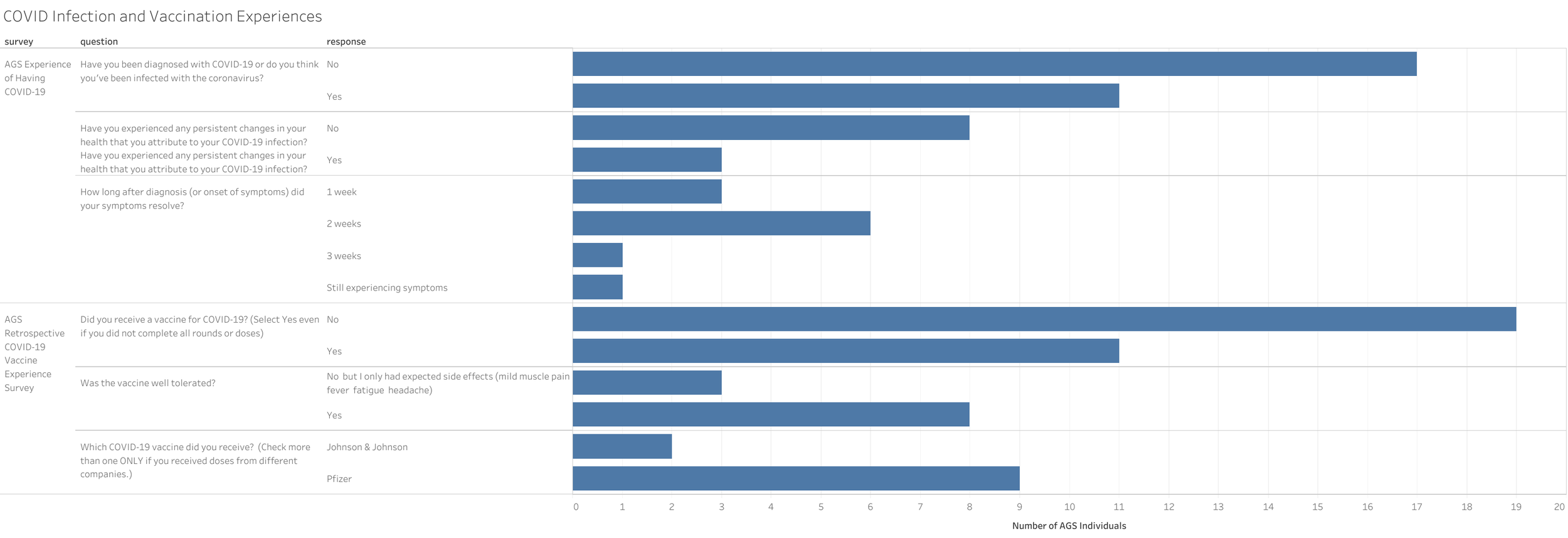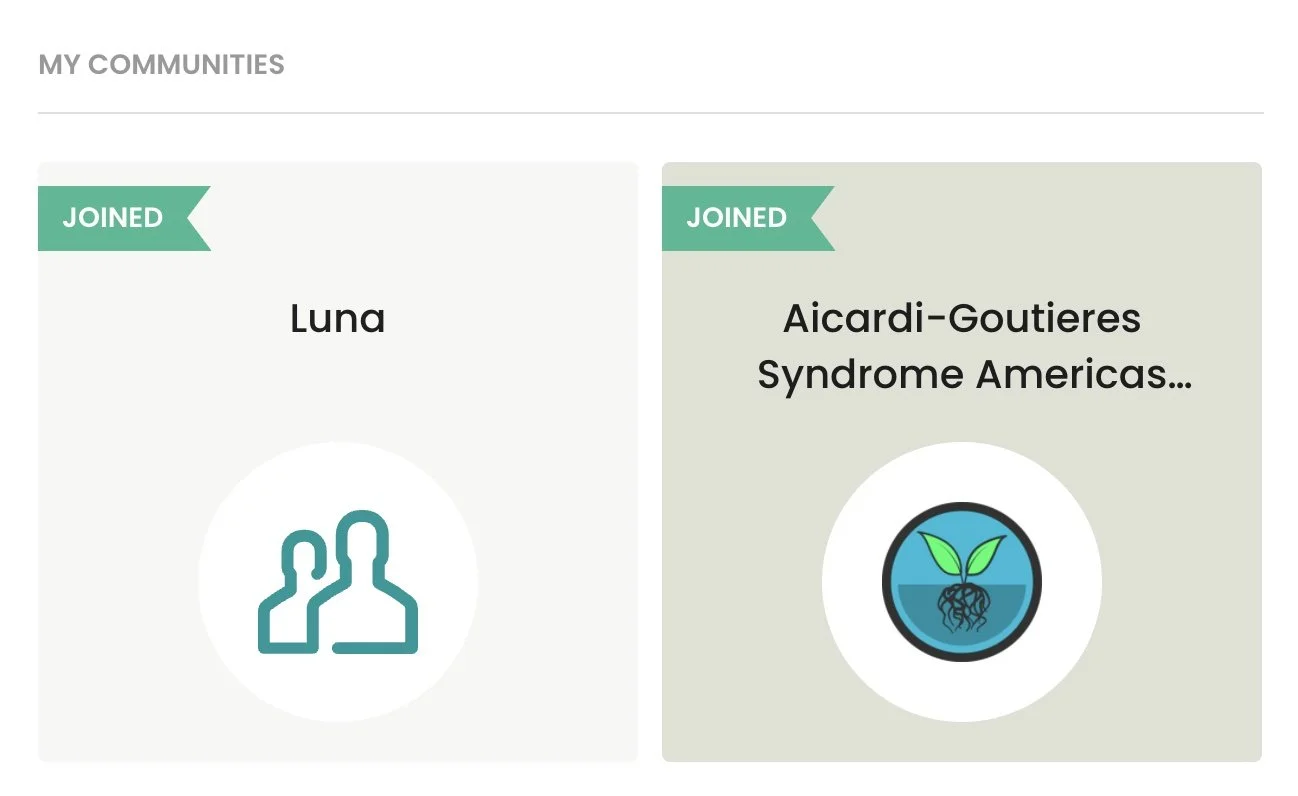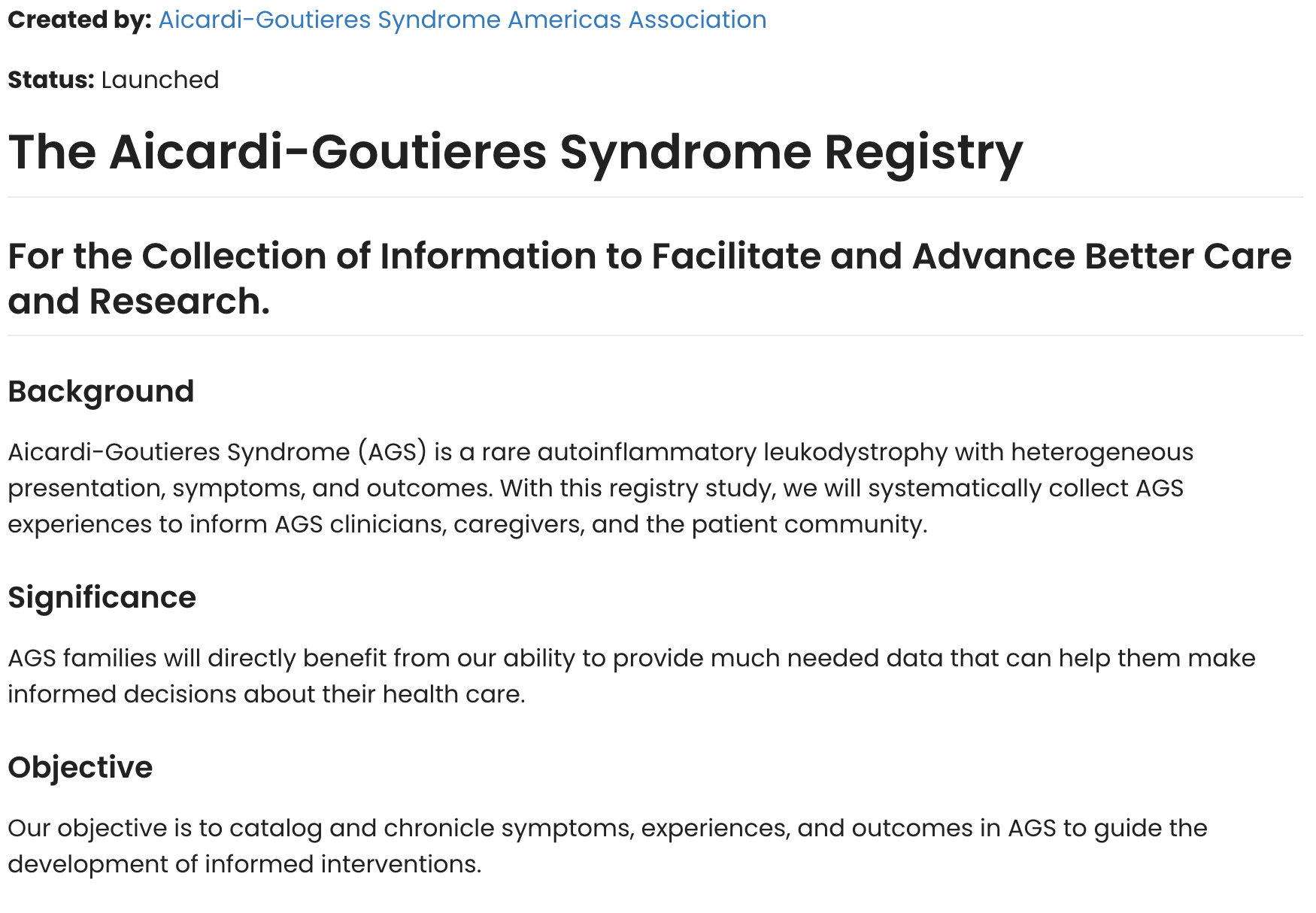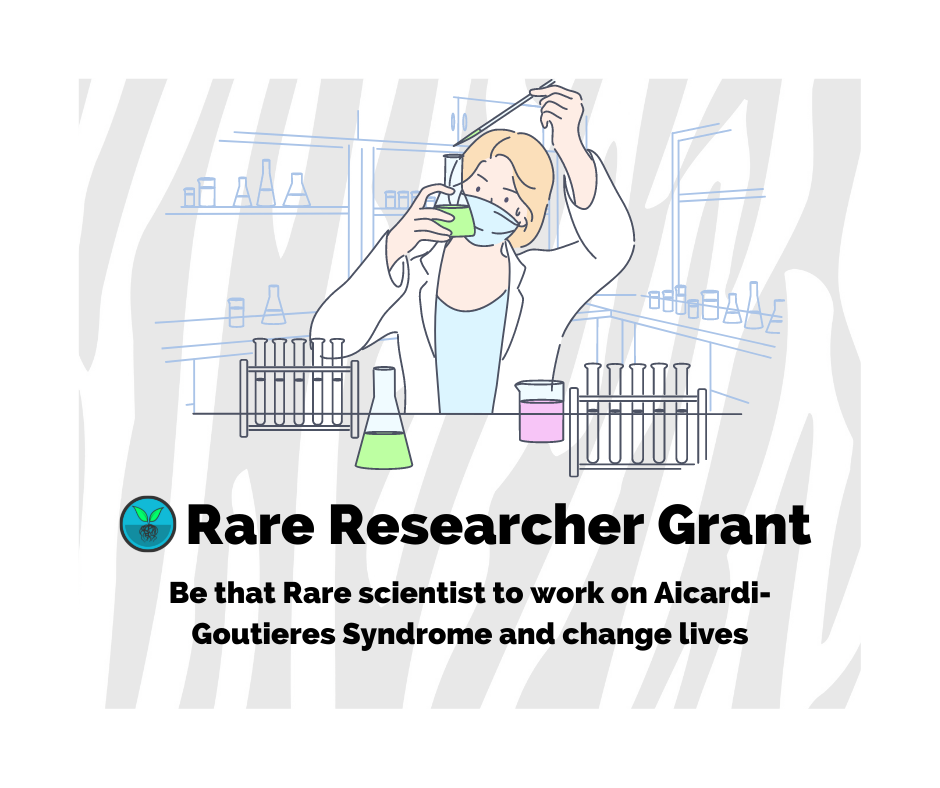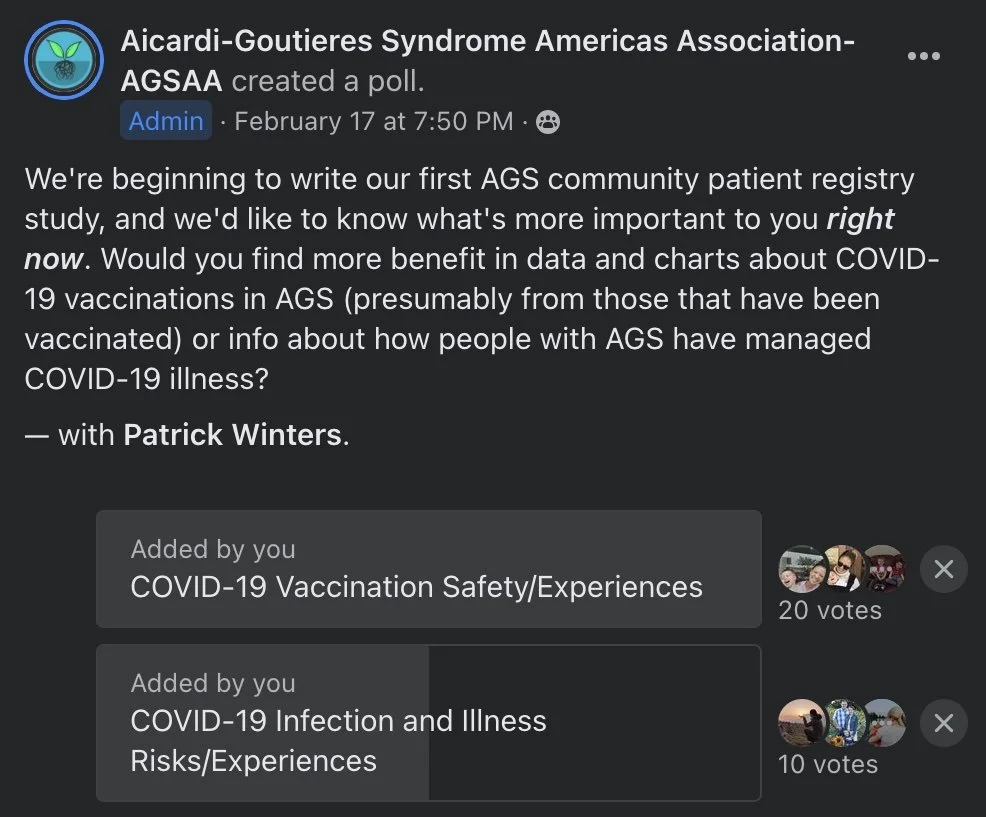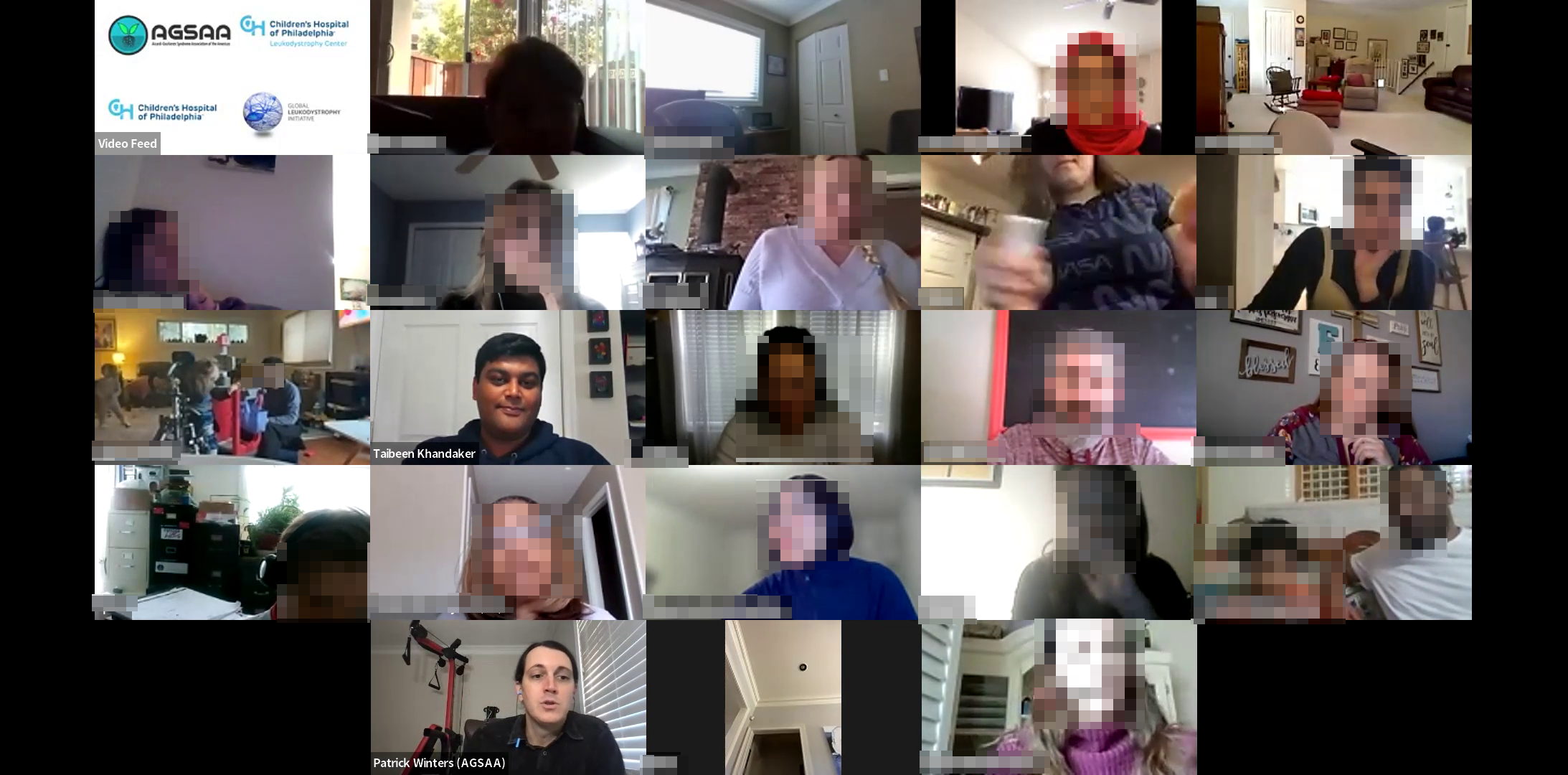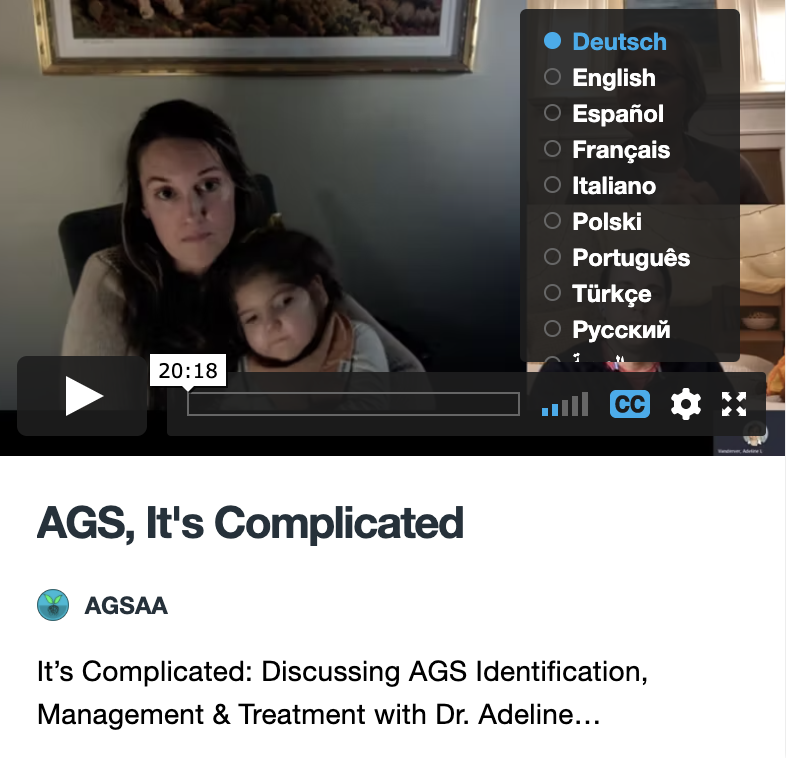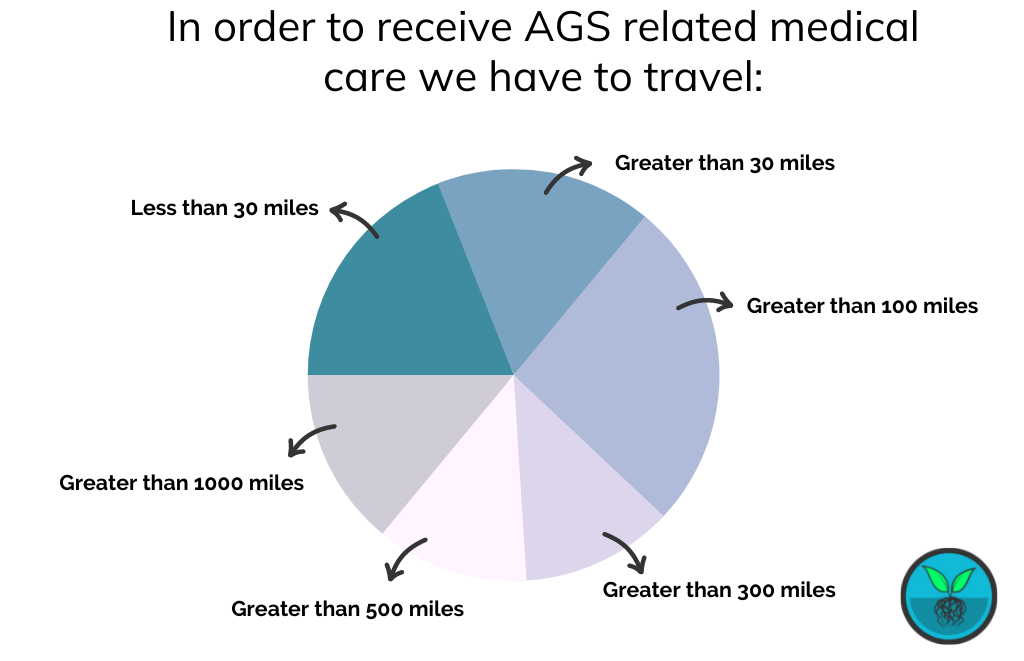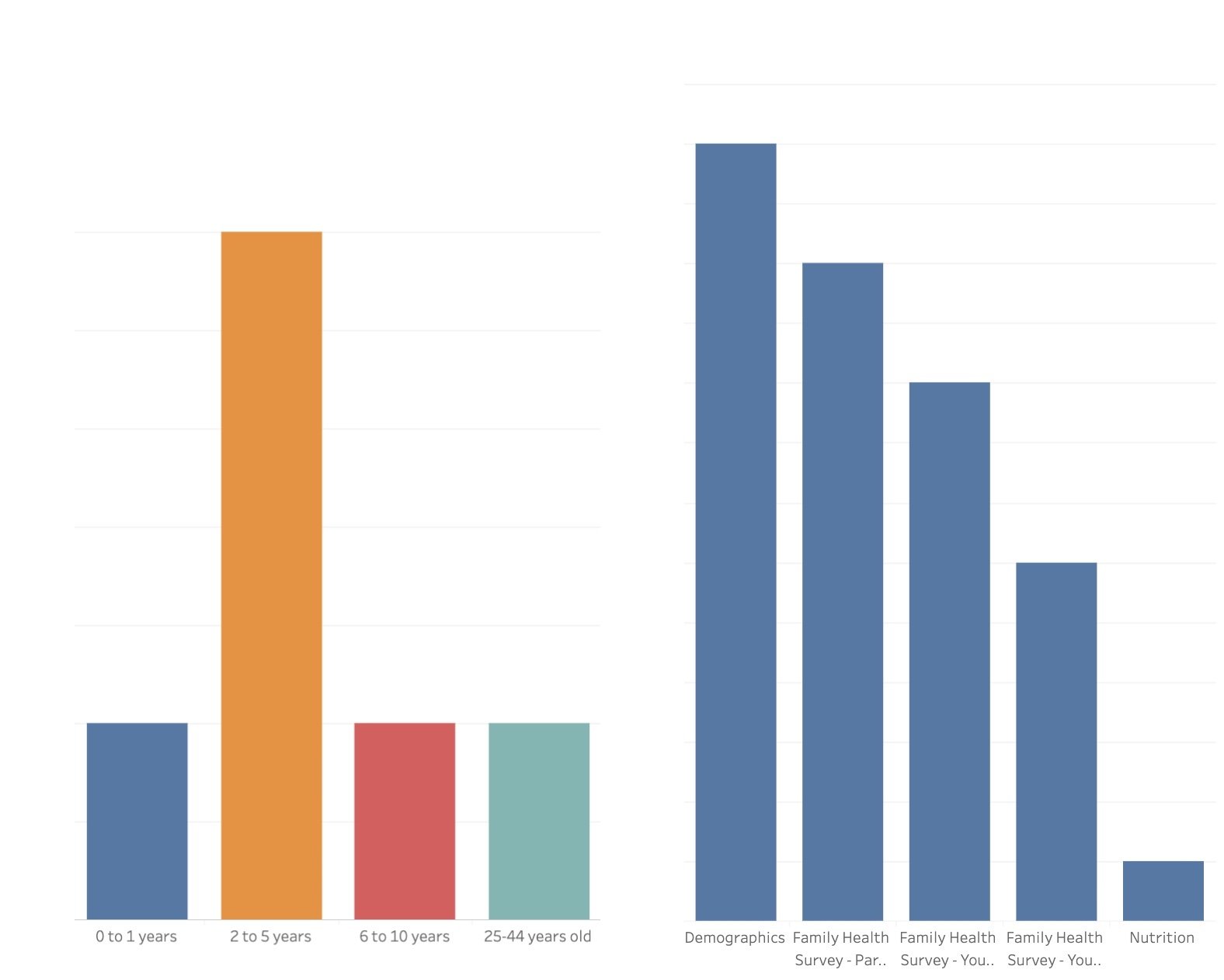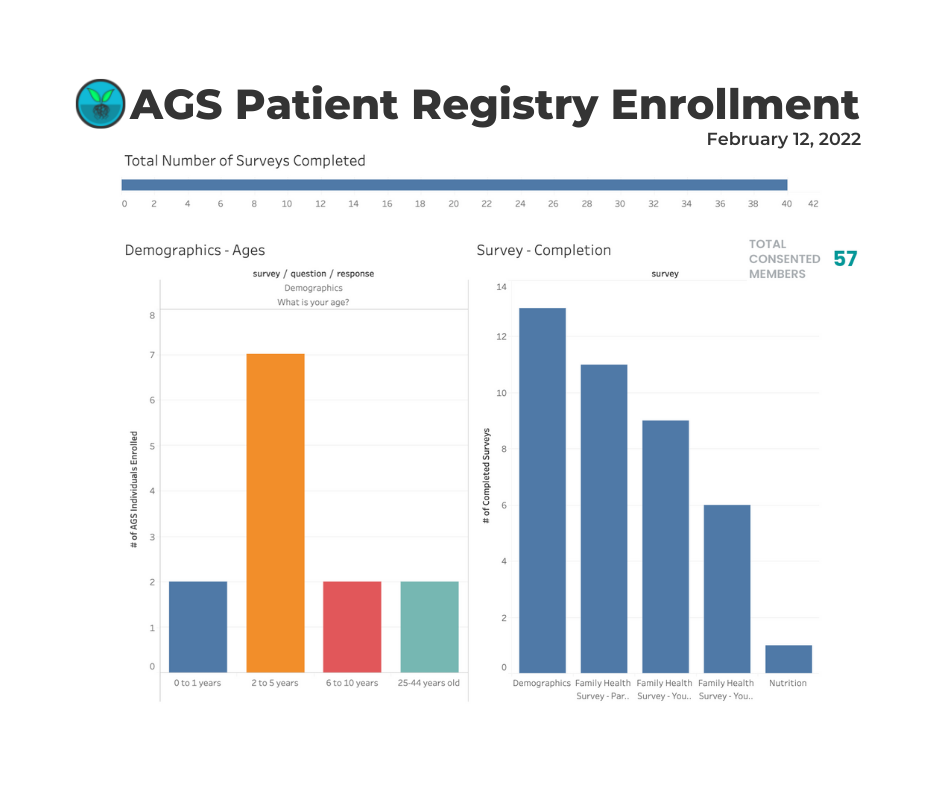While many AGS families have successfully advocated for treatment with JAK inhibitors, there still remain significant hurdles to overcome. In a recent conversation with Dr. Laura Adang of the Children’s Hospital of Philadelphia, the AGSAA learned that the process of acquiring health insurance approval in the US for barcitinib is more fraught than we had realized. We believe that many families suffer the stress of this silently, relying on their doctors to accumulate sufficient evidence and make the appropriate appeals. We wholeheartedly recommend that families involve themselves in this process by providing their doctors with information we’ve compiled and submitting letters of appeal using a template developed by community members. Additionally, the AGSAA has been quietly developing a network of doctors and contacts in and outside of the United States, precursors to what we are calling our volunteer champions and clinical network. We’ll be your partners, if requested, advocating on your behalf. Contact support@agsaa.org, if needed, and please review our information, references, and resources for advocating for treatment.
Register As an Organ Donor, Help Cure AGS
Last evening we held an informal meeting to introduce Drs. Adeline Vanderver and Markus Hofer. Both have worked extensively to characterize and understand the mechanisms that lead to brain damage in Aicardi-Goutieres Syndrome. Efforts to model AGS in mice and artificial organoids have proven difficult, and questions remain about the particular cell types, tissues, and pathways primarily responsible for AGS. In order to confirm observations about disease mechanisms observed in model organisms, Dr. Markus Hofer has extensively studied brain tissue donated by AGS families worldwide. However, the age and limited availability of these tissues present challenges to this work. The number of AGS brains available for research can be counted on two hands, and the legacy methods used to preserve them (e.g. in formaline/formaldehyde) make it challenging to extract RNA for modern genetic studies. Additionally, many of the brains were donated before the identification of AGS genes and the prevalence of modern genetic testing. We cannot confidently associate clinical information and confirm genotype with donated tissues. Indeed, much of our conversation focused on attempts to identify the specific doctors and patients related to the tissues being examined.
Admittedly, organ donation is not something we as parents want to consider. I would rather avoid the thought of making decisions surrounding the loss of my child, but we can resolve now to improve the lives of those with AGS ahead of us. We can accelerate research by donating to this invaluable and precious resource. Register to donate today.
NIH NeuroBio Bank
The National Institute of Health (NIH) in the United States maintains the NIH NeuroBio Bank, a biobank of brains donated for scientific research. This precious and limited resource allows researchers to examine and analyze AGS in humans, a critical piece of solving the complexity of AGS. Consider registering today to help the AGS community.
Studies using donated brain tissue following death are the most promising avenue for researchers to learn how to prevent and cure disorders of the brain.
Patient Registry Breakdown, May 2022
Are you represented in the AGS patient registry? If you’re outside of the United States, chances are that you’re not. We encourage everyone to participate, but we recognize that the language barrier may make it difficult. Our registry software has translation limitations that we will continue to work on. Still, we have lots of missing data for those of you that have participated. Please try to complete all of the surveys so that we can better characterize the community. We’ve begun writing a survey to explore triggers and flares, and we will need much of this basic demographic data complete to interpret the results.
We have 112 members that have created accounts and joined our AGSAA Community in Luna. Of that group, 41 have joined our registry study and completed at least one survey. By far, we have had the highest engagement in our COVID-19 investigations. We’ve submitted data and experiences from our registry to publish alongside lab experiments done by the Children’s Hospital of Philadelphia to investigate the safety of COVID-19 vaccination in AGS. We’ll share as soon as it’s published or we have an open pre-print available!
About half of our active participants still have some basic surveys to complete, so we lack data about their country of residence, age group, genotype, and medication/therapy status. We request that everyone get these out of the way because they allow us to characterize participants and take a deeper look at how certain details affect their experiences (e.g. whether genotype affects safety of COVID-19 vaccination). Nonetheless, we have participants in multiple countries, all age groups, and with most AGS genotypes.
We’ve also computed scores for participants using the AGS Scale (doi: 10.1016/j.ymgme.2022.03.010). This quick survey developed by the Children’s Hospital of Philadelphia characterizes the neurological severity of AGS in individuals. So far, we see that our registry represents the spectrum of AGS pretty well. We want to avoid bias in our registry and insights, so please help us by completing this survey to ensure that we consider everyone!
Message the AGSAA on WhatsApp!
You can now message the Aicardi Goutieres Syndrome Advocacy Association on WhatsApp. Reaching the global AGS community means adopting the tools and communication methods preferred by each region, continent, culture. Many of our AGS families use WhatsApp to keep in touch with each other. Help us build a global AGS community where we combine knowledge, insights, and support!
📣 The AGSAA Goes Global 🌍
Big Announcement - We’re officially going global!
AGS Americas Association 🔜 AGS Advocacy Association
But to most people, we’ll still be AGSAA 🌱💪💙. We plan to slowly roll out changes as we await the finalized paperwork.
Our organization, diagnosed community, and profile has grown significantly since AGSAA’s inception. We are already providing support to AGS families around world but keeping the “Americas” designation in our name still makes it really confusing for families, collaboration partners, institutions, and industry.
The more work we do, the clearer it is that as an organized global community we will have a far greater impact and footprint than if we are solely advocating individually on different continents. Especially when it comes to accelerating research and science in a proactive, collaborative, impactful way. We’ll make reasonable attempts to translate and communicate all information and activities in multiple languages, which includes translated subtitles on our videos!
Translate agsaa.org with Google
At the footer of our page, you’ll now find a dropdown to select your language.
We are working on the US government paperwork to switch out “Americas” for “Advocacy” in our name. Our goal is to have AGSAA help to represent the global advocacy entity and create an international scientific advisory panel and collaborate deeply with all other country and regional groups so that we all work together to create the future we need. It doesn’t mean that we want to replace or oversee any local organizations or overstep, just give everyone a home to formally join forces for partnership and evolution so we do not all keep re-inventing the same wheel. And of course each country will continue to have their own very specific support needs and projects in development, which are so vital.
Stay tuned for forthcoming website changes, more info about our expansion plans, as well as AGSAA Ambassador program in development and other opportunities to help the cause.
Spread the word and start tagging @agsadvocacy and #agsadvocacy
Modeling Areas of Concern for AGS Families
Following up on our efforts to model the AGS community’s most important concerns (AGS Community Driven Innovation and the Patient Registry), we’ve launched a survey that requests all members of our patient registry to select their top 5 topics from a long list developed through interviews with AGS families.
The AGSAA has been working with Luna and a number of AGS families to develop a model of the community's top concerns and topics. We started this project in February, and you can learn a little more on our blog (https://agsaa.org/news/2022/2/27/ags-community-driven-innovation).
Luna has developed a long list of concepts that continually surfaced in interviews with AGS families. Now we need the larger community to each select their top 5. Your feedback will help the AGSAA understand the community's needs better, and our institutional review board will allow us to explore these top concerns more quickly with our patient registry. The aim of this survey is to quickly surface trends, so please take less than a couple minutes. Select/drag any topic that jumps out at you, and don't worry or agonize about getting it right.
Here’s an example of what it looks like. A single question that should only take a few moments. Head over to the AGS Patient Registry to participate
Early Data About COVID-19 Experiences (Infection and Vaccination)
We continue to see and moderate community questions about experiences with COVID-19 in individuals with AGS, so we wanted to offer a preliminary view of the data. In the coming weeks, we’ll have a data scientist volunteering with us to examine the responses in greater depth. We’d like to characterize the experiences and provide a better description of the age, condition, and medications of the individuals represented in this study. All we can offer right now is a high level count of the number of individuals in our registry that have been vaccinated against or infected with COVID-19, but we’ll provide more detail about their overall health and characteristics soon.
It’s too early for us to draw conclusions, but the surveys suggest that COVID-19 vaccination in individuals with AGS might be safe. To our surprise, we find that COVID-19 may have contributed to an overall worsening of some people’s health, many weeks after infection. It’s important to remember that these are unverified patient reports, but we have been previously unaware of anecdotes that some with AGS may suffer “long-COVID.”
Accelerating Research Through Patient Advocacy
Over the past couple of weeks, we’ve been making the rounds to deepen our connections with scientists and researchers working directly and indirectly on AGS. Our Rare Researcher Grant has provided us with a starting point for many of these conversations, and we’re grateful to the AGS community for demonstrating their grit to our new collaborators. Many would like to share some of their work with our community, and we’re discussing options like webinars and conferences.
Unsurprisingly, we’ve found that our community has some major opportunities and a big role to play in forging projects and framing context for scientists that don’t currently have a personal relationship with Aicardi-Goutieres Syndrome. Many would like to better understand the impact their work could have on real people, and we’ve even been asked to organize meet and greets for students. The work that these laboratories accomplish requires a deep focus on micro and macro biology that can be difficult to relate to stories and experience like we’ve been sharing on social media (@agsamericas). Furthermore, the narrow focus required by their work means that many labs would benefit from the AGSAA sharing broader and more up-to-date insights about our disorder and it’s human impact. Additionally, many would benefit from our guidance and support, opening the door to additional funding opportunities. As proof, the AGSAA will be partnering with Dr. Alysson Muotri to apply for a $2 million dollar “Patient Partnered Collaborations” grant offered by the Chan Zuckerberg Initiative and writing a letter of support to bolster a grant application by Dr. Miroslaw Janowski for his work to better deliver, measure, and characterize therapeutic agents delivered to the CNS.
Documenting Experiences with COVID-19 in AGS
Live now, we’re requesting participants in our AGS Patient Registry to answer questions about their experiences with COVID-19 infection. Having relied on social media anecdotes in the past, our rare disease community can now systematically collect experiences and publish a quantifiable risk. This adds to our already launched survey to explore the safety of COVID-19 vaccinations. Combined, these two stories should help guide AGS families in navigating risk during the pandemic and what appears to be the coming endemic phase of SARS-CoV-2. We want to hear from everyone, regardless of whether they’ve been vaccinated or not or been infected with COVID-19 or not. Understanding and documenting vaccine hesitancy and infection rates with COVID-19 in AGS will be equally as important as documenting experiences. Both surveys will allow you to answer in the negative and complete quickly. Additionally, we will always have surveys available to help contextualize your answers along with your genotype, phenotype, and neurodevelopmental characteristics.
We’re learning a lot as we go, including how to organize our surveys, notifications and outreach. We appreciate everyone’s support and patience. Now that we are launching AGS specific surveys, we launched the The Aicardi-Goutieres Syndrome Registry study, For the Collection of Information to Facilitate and Advance Better Care and Research. If you registered and created account shortly after our symposium, upon login you should be directed to our study page with a button to “Join Study.” Previously we had guided you to create accounts and initially join Luna’s “Tell us About Yourself” study as a first step. Every survey we launch and all insights and analysis moving forward will occur within our Aicardi-Goutieres Syndrome Registry study.
Developing Therapies and the Importance of Patient and Family Reported Outcomes
This week we’ve come to an agreement with Dr. Joanne Kurtzberg (director of the Marcus Center for Cellular Cures and long time advocate for leukodystrophies) to begin planning and designing a trial to expand a potential cellular therapy for AGS. Some in our community may already be aware that one of Dr. Kurtzberg’s AGS patients has been the subject of a single patient Investigational New Drug (IND) for the use of cord blood derived Mesenchymal Stromal Cells as a downstream, anti-inflammatory therapy. Measuring biomarker and clinical improvements has been difficult in AGS, but the parent and provider reported experiences within this IND have been encouraging enough to pursue it further. The AGSAA will work with Dr. Kurtzberg and others this year to explore yet another opportunity!
In rare diseases, parents, families, and community members often have to take the initiative to explore opportunities for developing therapies. Sometimes we find ourselves in the right place at the right time, but the complexities of developing treatments and clinical trials can be daunting. In addition to deep fundraising, we’re often involved in the trial design and recruitment processes. The community’s input is critical to developing relevant outcomes and measures that could lead to a successful trial. As we explore new therapeutic options in Aicardi-Goutieres Syndrome, we keep returning to these difficulties. We at the AGSAA expect to be working closely this year with academia, industry, and our community to design the best possible clinical trials with the highest chance of success; and we need our families in the AGS Patient Registry to make it happen.
Request For Applications, AGSAA Young Investigator Grant
Let’s Do Science Together
On Rare Disease Day, the AGS community raised funds to offer a research grant to a young investigator (/news/2022/2/28/rare-disease-day-rare-researcher-fundraiser). Today we announce the grant details and request applications. The AGSAA will support your work with our tools and network, and you’ll have a direct line to this rare disease community. What could be more meaningful than direct application and impact?
Industry Partners, Promising Developments!
On Friday, Terry Fang, Director of the Genetic and Neurodevelopmental Disorders group at Biogen, gave the AGSAA an update on work they have done over the last few years to bring a potential new therapy to Aicardi-Goutieres Syndrome. The AGSAA’s research committee (Megan Veuleman, Juan Fran Navarro, Patrick Winters, and Devon Cordova) listened intently to some really compelling data and evidence. We’re all in agreement to bring this update to the community soon in the form of a webinar, and we’ll work to include an explanation from Biogen of why participation in the AGS Patient Registry will be critical to developing a successful clinical trial.
Patient Registry - Safety of COVID Vaccination in AGS Investigation
This morning we are launching our first patient registry AGS specific surveys. Technically, this is also the launch of our AGS specific patient registry study. All of our previous enrollment and registry activity has been about creating accounts, familiarizing ourselves with the Luna platform, and collecting basic demographic information. This morning, we’re starting our investigation into the safety of COVID-19 vaccination in AGS (Read More), and in the coming days we will include an investigation into the severity of COVID-19 in AGS individuals.
In order to collect information that could help us investigate the safety of COVID-19 vaccines, we’ve prepared two additional surveys to help us contextualize the results, including questions about immunosuppressive treatment and AGS severity and genotype. You may recognize our “phenotyping” survey as Dr. Laura Adang’s AGS Scale. Altogether, it should take no longer than 5 minutes.
The Aicardi-Goutieres Syndrome Registry
For the Collection of Information to Facilitate and Advance Better Care and Research.
Now that we’ve received approval from Genetic Alliance to launch, our AGS community can participate in the AGS registry study. Our surveys and data collection requests will roll out within this study. Even if you have created accounts in Luna, you may be asked to enroll and consent to this study managed by the AGSAA.
Rare Disease Day! Rare Researcher Fundraiser!
Edit:
Between our Facebook Fundraiser and direct donations we raised over $11k for this grant from more than 150 donors! We’re excited to get started organizing the details of this grant. We want to make sure we carefully align the RFA with semester boundaries for what we expect will be a student project. And, we’ll make sure we provide guidance and suggestions for research that can provide the most immediate impact and leverage our new tools and collaboration. From everyone at the AGSAA, Thank You for your support!
Today is Rare Disease Day! Share the news! This Rare disease community is looking for that rare, young researcher to spark a life-long passion for Aicardi-Goutieres Syndrome (AGS). Every dollar we raise on this #RareDiseaseDay will fund a grant to help us capture the heart of the next AGS expert.
AGS Dads Unite!
Last evening we had our second virtual AGS Dads meetup. Twelve AGS dads joined to talk about what’s going on in our lives. And, as Matt N. so astutely pointed out, after more than three hours of conversation we haven’t talked once about our jobs!
To join us, e-mail ags-dads@agsaa.org.
AGS Community Driven Innovation and the Patient Registry
An important and critical part of our Patient Registry Project’s success will involve Luna’s Community Driven Innovation program (CDI). We’ve already begun interviewing families to gather perspectives about the topics and issues most important to AGS families. With models produced by CDI, the AGSAA will be given approval by the Genetic Alliance Institutional Review Board (IRB) to move more quickly with surveys and questions for topics that will be considered to be of validated importance to AGS. With interviews in-progress, we expect to be able to share models in March!
Rare Disease Day Fundraiser for the AGSAA Rare Researcher Grant
We are looking for a Rare Kind of Scientist…
On this Rare Disease Day we will be fundraising to establish a young researcher grant. By funding a scientist and/or clinician early in their careers, we hope to spark a life-long passion for Aicardi-Goutieres Syndrome.
It is our goal for Rare Disease Awareness Day to raise $28,000 to fund a research project from a medical student or doctoral candidate that will enhance our knowledge of AGS and can inspire young professionals in the medical field to pursue a career in Leukodystrophy research–specifically with the goal of eradicating AGS.
Next Step for the Patient Registry, a COVID/Pandemic Study
We’d like to thank everyone that has enrolled in the AGS Patient Registry! We’re writing a COVID/Pandemic study now to catalog, among a few other things, experiences with COVID infection and vaccines in AGS. This information will be invaluable to AGS families that have been forced to navigate a difficult pandemic with fears of dangerous comorbidities and a disease stimulated by viruses and (potentially) by COVID vaccines. Based on community feedback, we’ll begin by collecting data about outcomes with COVID vaccines to help build a risk/safety profile that will go along with Dr. Adeline Vanderver’s in vitro experiments with AGS tissue samples and mRNA vaccines.
Have you joined our Facebook Group? AGS families use this group to keep up with information, tips, suggestions, etc. and to talk with the few other people that really understand what living with AGS is like.
Post Symposium Update
This is what success looks like!
From our perspective, our 2022 AGS Family Symposium was a wild success. We shared updates, stories, and research with over one hundred people. We’ve received such supportive feedback that it truly motivates us to keep up the advocacy and underscores the value of bringing our humanity to this work.
Feedback
We would like your feedback about the conference so that we can do better next time and ensure that we’re meeting the needs of all AGS families across the globe. It should only take a moment.
Video ShowCase
We’ve shared a playlist of conference recordings, in order, as a Vimeo Showcase. Although we’re unable to share our breakout rooms, you’ll find a wealth of information and insight in our many conversations and presentations.
Translated Subtitles
Some of the conferences recordings have been transcribed and translated with subtitles. You can watch many of them in your language by enabling Vimeo’s Closed Captioning “CC”.
We have prioritized the translation of videos and presentations that we felt were the most clinically relevant. We will include additional languages and videos by request.
Polling Results
During the conference, we asked AGS families a number of questions to illustrate and validate what we all know, that AGS presents significant challenges to families.
AgS Patient Registry
The most important thing we can all do for each other this year is enroll and participate in the AGS Patient Registry. We’ve seen many of you register, and we’re hoping to follow up with surveys to inform each other about COVID-19 vaccination safety shortly.
Congratulations to our Raffle Winners
We’ve contacted everyone that won a t-shirt during our wheel of names giveaways. If, for some reason, you haven’t heard from us, contact info@agsaa.org and we’ll get it straightened out. We hope you wear your AGS t-shirt with pride.
Patient Registry Enrollment Picks Up Speed!
Thank you to everyone that has created accounts and consent to the AGS Patient Registry. We’re thrilled by the progress in the first week or two. We’ve already surpassed our original goal of enrolling 50 AGS individuals. By enrolling early, you’ve given us the freedom to focus on insights over recruitment. Thank you!
